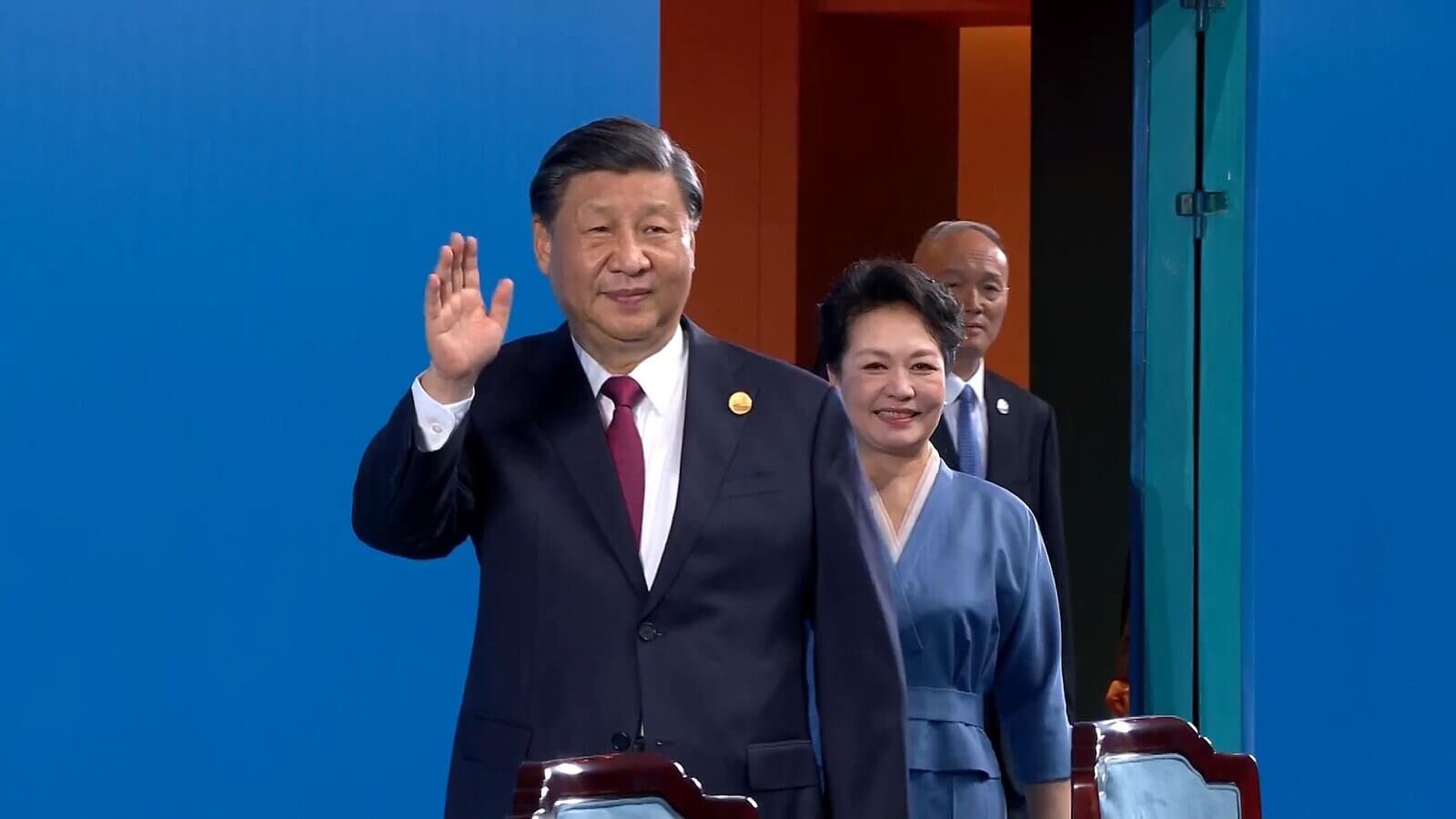Photo: Wikimedia Commons.
The United States has presented a plan before Congress to prevent China from strengthening its influence in Latin America, proposing the adhesion of Latin American countries to the United States–Mexico–Canada Agreement (USMCA –or T-MEC in Spanish) as a strategic measure. The initiative stems from the concern of U.S. congress representatives over China’s growing influence in the region and its impact on the economic development of Latin American countries.
The plan focuses on the implementation of a law to encourage investment and the creation of trade links between the United States and Latin America. The idea is to promote greater economic integration between the two regions, using the USMCA as a key instrument to take China out of the equation and strengthen trade and political relations in the Western Hemisphere.
The proposal seeks to relocate companies and encourage “nearshoring” in Latin America – a practice that consists of moving factories from the country of origin to one that is geographically closer, and in which costs are reduced – with the aim of counteracting China’s economic influence in the region. This measure is expected to benefit Latin American countries by boosting economic development and employment generation.
U.S. Congresswoman María Elvira Salazar expressed that the plan could benefit both Central and South America, hoping that it will allow the relocation of jobs and profits that are currently going to China. The initiative comes in a context where China is displacing U.S. and European brands in markets such as Mexico, disrupting supply chain interests, especially under the USMCA.
The United States argues that the USMCA has proven to be a platform with extraordinary potential for economic development and that strengthening the relationship between North American governments could generate greater responsiveness to potential international conflicts.

